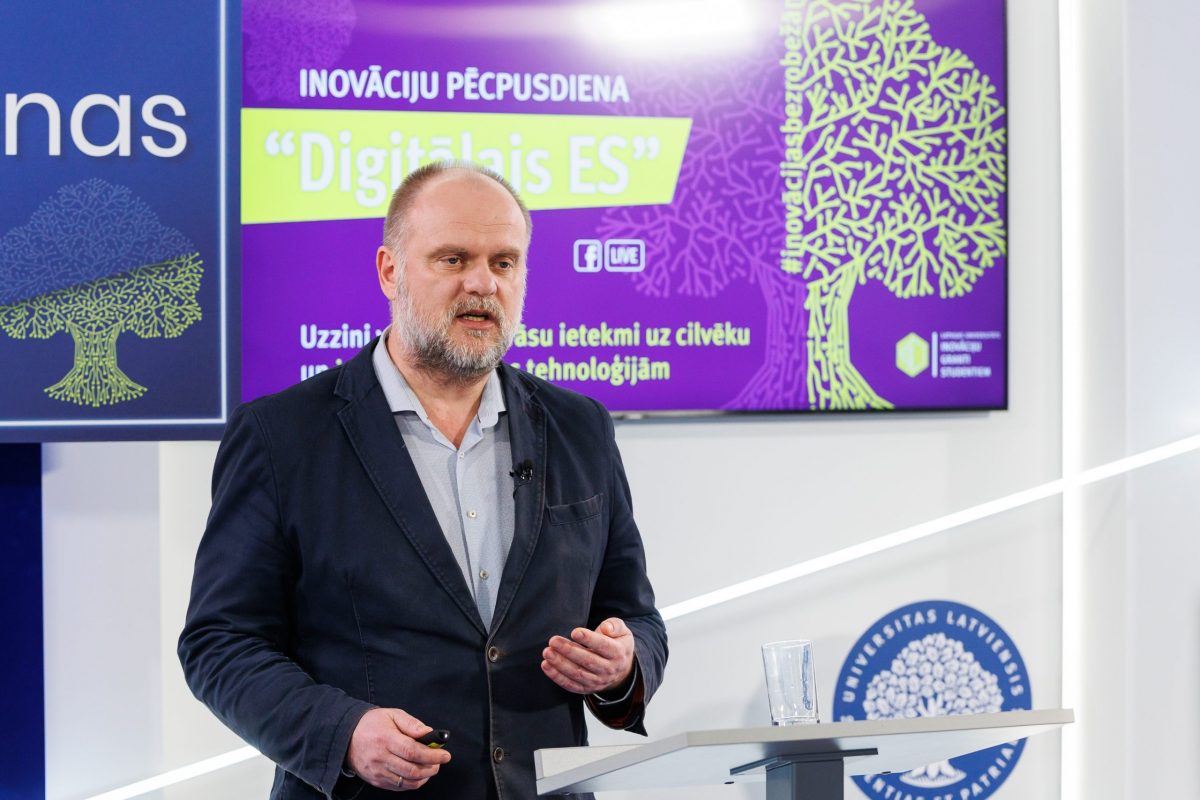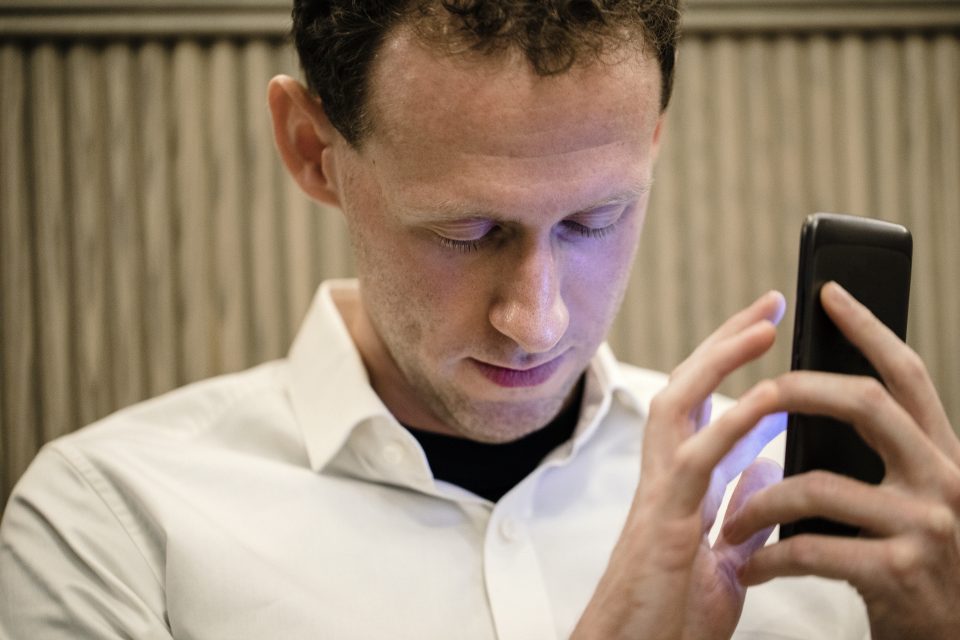Accessibility is a basic human right. The World Health Organization reports that over one billion people worldwide have some form of disability, yet only one in ten of them have access to assistive technology. This means they may not be able to fully participate in society or the economy. To address this issue, Microsoft hosted an online event called the “Innovation for Accessibility Forum” on March 23rd. The purpose of the event was to bring together representatives from the Estonian, Latvian, and Lithuanian Governments, as well as public and commercial sectors, to discuss initiatives for creating accessible digital solutions and ensuring compatibility with the European Accessibility Act.
One of the partners taking part in this forum was Latvian language technology company Tilde. The company specializes in language technology solutions, including machine translation, natural language processing, and speech synthesis. In terms of accessibility, Tilde has developed a range of tools and solutions that aim to make digital content more accessible to people with disabilities.
When it comes to assistive technologies and their potential to help people with disabilities, language technologies have made remarkable progress. For instance, speech recognition can help individuals with hearing impairments by allowing them to follow conversations both in real-time and in pre-recorded audio or audio-visual materials. Another breakthrough technology is speech or voice synthesis, which helps people with visual impairments and reading difficulties by reading out digital content in a synthesized voice.
“The possibilities and opportunities for language technologies are vast, and as we consider current and future trends, it’s essential to acknowledge the immense potential of large language models and related technologies that can assist people with mental issues, learning difficulties, and elderly individuals by simplifying complex content and explaining difficult concepts in a more straightforward manner,” explained Kaspars Kauliņš International Business Development from Tilde.

Tilde is deeply committed to using language technology to help people with disabilities. The company collaborated extensively with various companies to create different tools that can enhance accessibility.
“We have developed a speech synthesis solution that allows people to read physical books. It comes with a scanner and a voice that reads out loud the content of the book. Additionally, we have created tools to make websites accessible to people with disabilities, including multilingual options and adding voice to the website content, including image descriptions. We also provide automatic subtitling for video content, so that individuals who prefer reading to hearing can have access to the information”, added Kaspars.
One of the most recent and exciting initiatives is that Tilde is working on a solution that helps people with hearing impairments. The solution involves a variable microphone and speech recognition technology that generates captions displayed on a monitor, desktop computer, or mobile device. It’s important because we would not expect how many children there are with hearing impairments who require accommodation in the classrooms. The company is partnering with Microsoft and various NGOs representing parents of those children, as well as schools willing to test the solution. In the light of the European Accessibility Act, the company is also developing real-time online subtitling for electronic media and web content. Also, they developed telephony bots to help people via telephone lines, which is especially useful for elderly individuals who may prefer calling over chatting with bots.
Tilde’s goal is to ensure that both public and private organizations in the Baltics have access to services that provide multilingualism, speech synthesis for audio, speech recognition for subtitling of video content, and real-time subtitling and voice-over for electronic media. Their approach also includes the application of large language models to human-machine interaction, particularly around accessibility. Together with Tilde, Microsoft is working on a wide range of possibilities and opportunities for using language technology to improve the lives of individuals with disabilities.
Technology has the potential to create solutions that can empower people with disabilities and promote innovation that benefits everyone. In order to bring about significant change, it is important to prioritize accessibility, recognizing it as both a responsibility and an opportunity.
Source: Dot iespējas cilvēkiem ar invaliditāti: ‘Tildes’ inovatīvie valodu tehnoloģiju risinājumi (delfi.lv)





